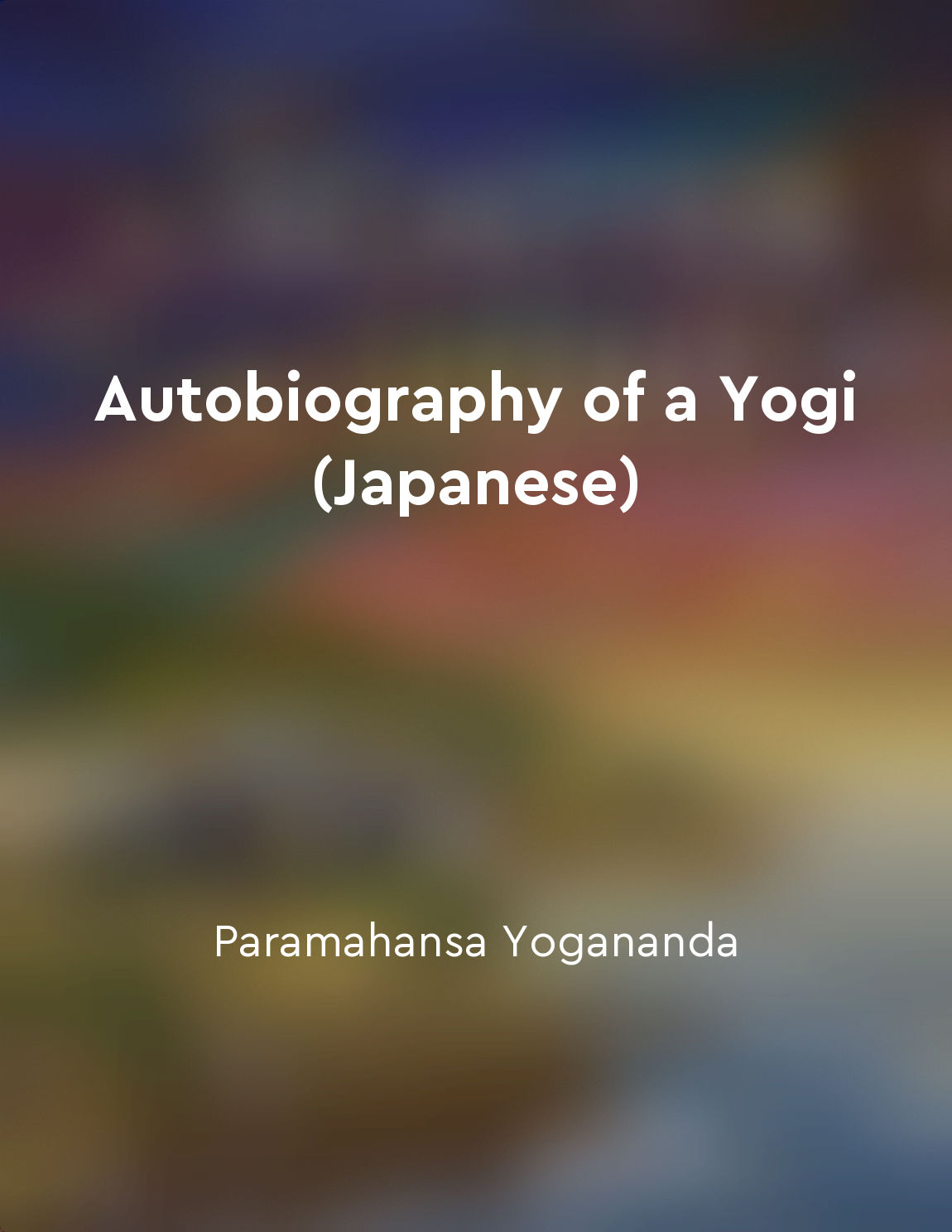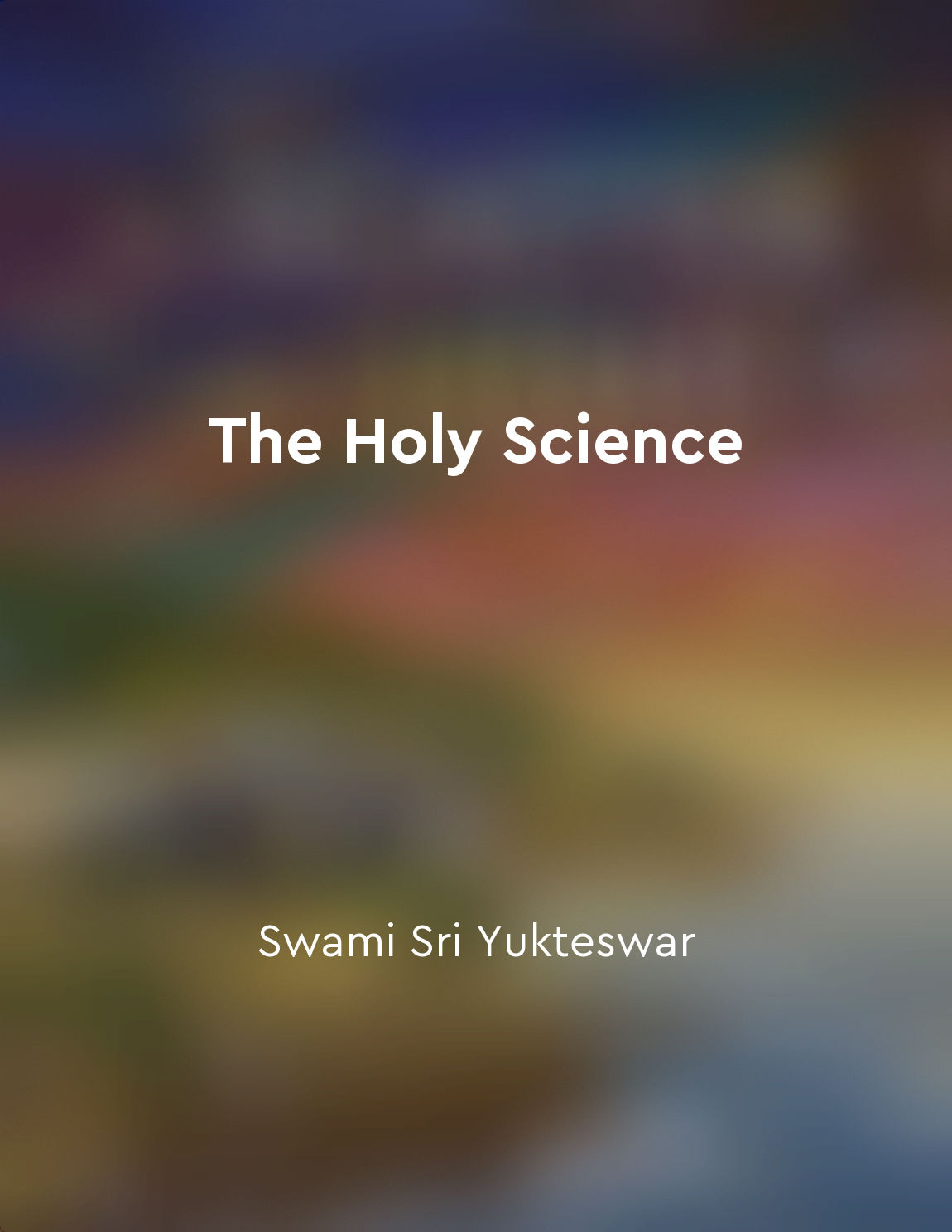Hinduism has always embraced change from "summary" of Why I Am a Hindu by Shashi Tharoor
Hinduism, as a religion and way of life, has always been dynamic and adaptable to changing circumstances. From its earliest origins to the present day, Hinduism has demonstrated an openness to new ideas and practices, incorporating them into its rich tapestry of beliefs and traditions. This flexibility has allowed Hinduism to survive and thrive over thousands of years, evolving in response to social, cultural, and political changes. One of the key reasons for Hinduism's ability to embrace change lies in its decentralized nature. Unlike some other religions, Hinduism does not have a centralized authority or a single holy book that dictates beliefs and practices. Instead, Hinduism is a diverse and decentralized tradition, with a vast array of texts, teachings, and practices that reflect the various regional and historical contexts in which it has developed. This diversity ...Similar Posts
Worship of nature
The worship of nature is a universal phenomenon among primitive peoples. They regard the natural world as alive and peopled by ...

Sharing spiritual knowledge became my life's purpose
In this spiritual journey, I realized that my purpose in life was to share the knowledge I had gained. It was not enough for me...

Dravidian languages have deep roots in South India
The roots of the Dravidian languages run deep in South India, with evidence suggesting that they have been spoken in the region...
Scientific advancements revolutionized the way humans understood the world around them
Scientific advancements have played a crucial role in reshaping human understanding of the world. Through discoveries and innov...
Pronounce words and names in foreign languages for better comprehension
The pronunciation of words and names in foreign languages is crucial for better comprehension. When we come across unfamiliar t...
The Maurya dynasty unified India under Chandragupta
The Maurya dynasty, one of the most powerful empires in ancient India, played a crucial role in the unification of the Indian s...
Hinduism, Buddhism, Jainism, and Sikhism are major religions of India
These four religions have played a significant role in shaping the religious landscape of India. Hinduism, the oldest of the re...
Reform is not enough; revolution is necessary
The concept of reform versus revolution is a central theme in the writings and speeches of Dr. Babasaheb Ambedkar. He believed ...

Connect with your inner self
To realize the truth of one’s own being is to connect with the inner self. This connection is essential for understanding the p...
Marriages were sacred ceremonies with specific rituals
During the Vedic period in ancient India, marriages held significant importance as sacred ceremonies that were conducted with s...

